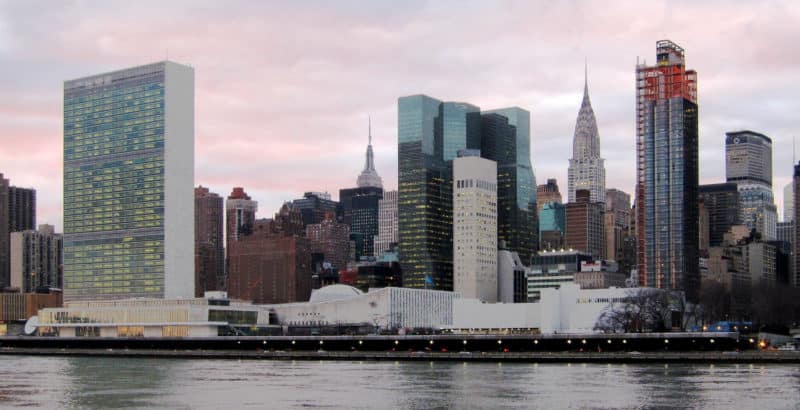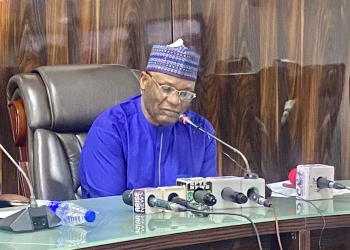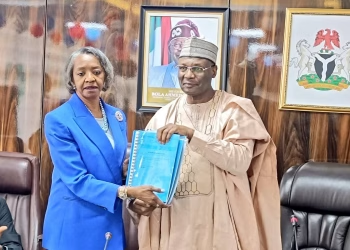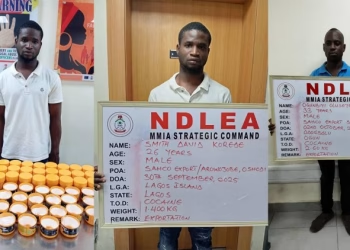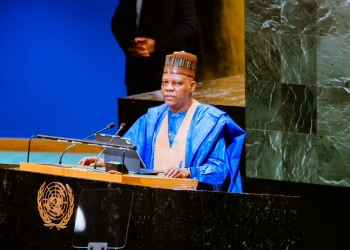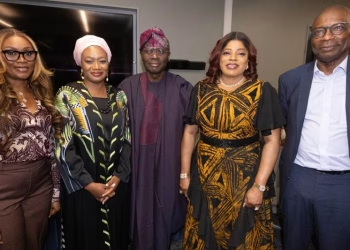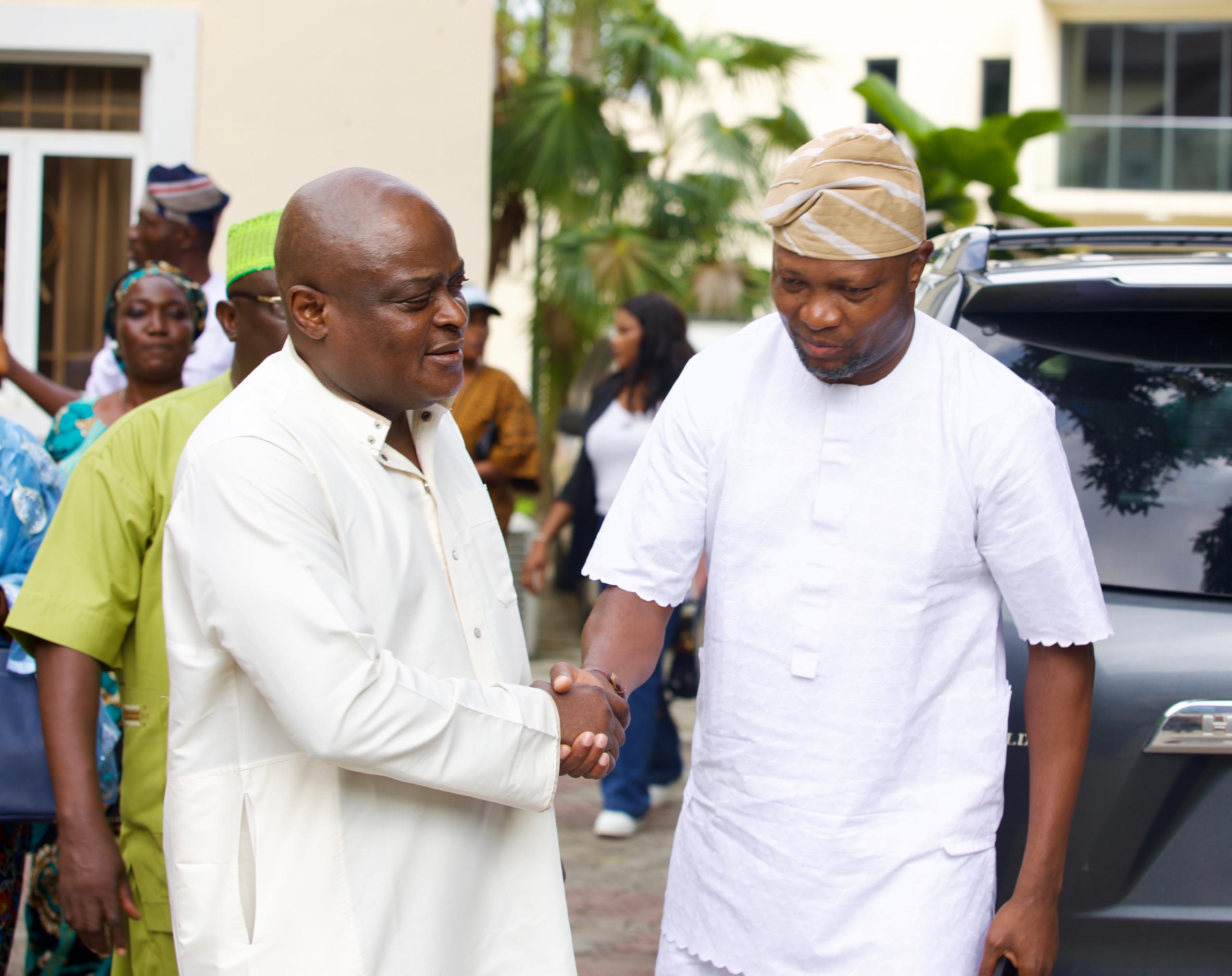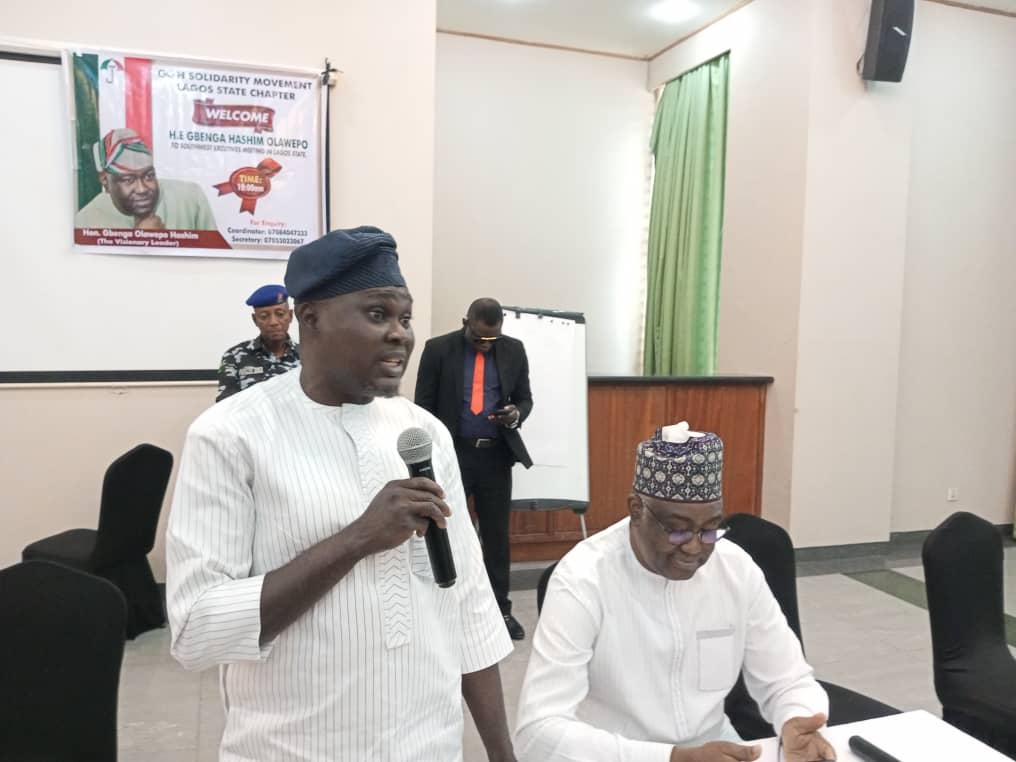A group of UN human rights experts has issued a joint Statement, calling on UNCAC States Parties to protect and expand civic space in national and global anti-corruption fora, and to strengthen the inclusiveness and transparency of the UNCAC’s review mechanism. (Here is a press release by OHCHR.)
This unprecedented Statement of the UN human rights experts comes as States are starting informal negotiations on the future of the UNCAC review mechanism.
The statement is a result of our close engagement with Geneva-based UN human rights fora, in our efforts to more closely link anti-corruption and human rights efforts. We encourage you to share this important message across your network and social media channels so we can reach a wider audience.
The experts include Gina Romero, Special Rapporteur on the rights to freedom of peaceful assembly and of association;
George Katrougalos, Independent Expert on the promotion of a democratic and equitable international order.
Others are Marcos A. Orellana, Special Rapporteur on the implications for human rights of the environmentally sound management and disposal of hazardous substances and wastes;
Farida Shaheed, Special Rapporteur on the right to education;
Laura Nyirinkindi (Chair), Claudia Flores (Vice-Chair), Dorothy Estrada Tanck, Ivana Krstić, and Haina Lu, Working Group on discrimination against women and girls.
Also included are Cecilia M. Bailliet, Independent Expert on human rights and international solidarity;
Mary Lawlor, Special Rapporteur on the situation of human rights defenders;
Surya Deva, Special Rapporteur on the right to development
Astrid Puentes Riaño, Special Rapporteur on the human right to a clean, healthy and sustainable environment and Irene Khan, Special Rapporteur on freedom of expression and opinion.
The UN experts’ statement includes many important references and messages that can also be used for national-level advocacy. Below, you can see their calls to action:
Many governments are failing to uphold their commitments under Article 13 of the UNCAC to promote active civil society participation in the fight against corruption. Instead, shrinking civic space and reprisals against anti-corruption activists have become increasingly normalized, both at the national level and within international fora.
In this context, States Parties must take the following immediate steps to uphold civic space and strengthen the integrity and legitimacy of the UNCAC framework:
- i) Adopt reforms to make the UNCAC IRM more effective, transparent, and inclusive in its second phase at the 11th UNCAC CoSPto uphold civic space and enhance global efforts to strengthen anti-corruption and the rule of law. States Parties should take into account and act upon civil society’s detailed recommendationsto ensure active civil society participation in key stages of the country review process and follow-up; enhance transparency by publishing all input and output documents, NGO submissions and other information, including a calendar of country reviews that is regularly updated and timelines for the reviews and how stakeholders can engage; and develop an effective, efficient, and inclusive follow-up process to monitor countries’ implementation of recommendations and to assess the effectiveness of UNCAC provisions in practice to prevent and combat corruption. Country reviews should also consider the findings of other relevant anti-corruption and human rights mechanisms, including the Universal Periodic Review.
- ii) Launch formal consultations with civil society organizations to identify practical measures for implementing Article 13 and other relevant provisions of the UNCAC, ensuring that civic engagement becomes a norm rather than an exception in UNCAC processes
iii) Promote transparency and civil society participation in UNCAC fora by granting NGOs observer status in all UNCAC CoSP subsidiary bodies, facilitating and safeguarding NGO and other civil society actors’ participation in and access to the UNCAC Conference of States Parties, ensuring civil society is involved in follow-up activities to promote the implementation of CoSP resolutions, providing adequate opportunities to raise country-specific concerns, and ensuring adequate access to information in UNCAC fora.
- iv) Establish a global monitoring mechanism to track reprisals against anti-corruption defenders, including a safe platform for reporting, regular analysis of patterns of restrictions, and coordinated responses to ensure the safety and sustainability of civic actors worldwide.
- v) Strengthen the integration of human rights and anti-corruption frameworks, particularly through deeper institutional collaboration between the Human Rights Council and UNCAC bodies, and by inviting relevant Special Procedures of the Human Rights Council to contribute directly to deliberations at the Conference of the States Parties (CoSP) and its subsidiary bodies.
(…) We stand united in urging all States Parties to the UNCAC to recognize civil society not as an obstacle, but as an indispensable partner in combating corruption and promoting human rights. Failure to act risks accelerating the erosion of civic space, weakening anticorruption efforts, and undermining the enjoyment of human rights globally. As negotiations over the second phase of the IRM continue, and with the next UNCAC Conference of the States Parties in Doha on the horizon, States must demonstrate genuine political will through concrete action, not only to uphold the spirit and commitments of the Convention, but to safeguard the enjoyment of human rights.”

